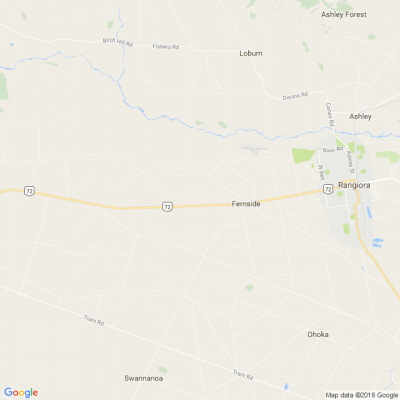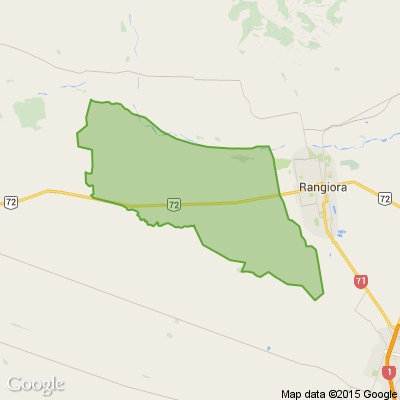Private wells: where to get your water tested
By David Hill, Local Democracy Reporter
Following recent media coverage on the need to test drinking water from private wells, readers have been asking how they go about it.
The question of whether Environment Canterbury (ECan) should run regionwide events to educate private well owners on the risks, including nitrates and E.Coli, caused plenty of debate at a recent council meeting.
Former chairperson Peter Scott said the question of drinking water quality is the ‘‘most emotional subject’’ in Canterbury.
Greenpeace has been running similar water testing events in Canterbury in recent years.
But several councillors expressed concern a one-off test will not give ‘‘good information’’, as drinking water needs to be tested regularly.
The Waimakariri district has the highest number of lifestyle blocks in the country, with many drinking water from private wells.
ECan and Waimakariri District Council staff refer private well owners to the website of water regulator, Taumata Arowai.
There are 10 accredited laboratories in Canterbury.
‘‘Our advice would be to use one of those registered laboratories,’’ an ECan spokesperson said.
‘‘The webpage lists phone numbers for the laboratories, so in terms of what is involved, the best idea would be to call and ask how best to submit a water sample, and they will advise.’’
The regional council regularly monitors selected private wells across the region to determine trends, but concerns have been expressed the testing is not wide enough.
Taumata Arowai says all registered drinking water suppliers must use an accredited laboratory to ‘‘analyse source water, raw water and drinking water as part of any monitoring requirements’’.
‘‘If test results indicate drinking water does not comply with the drinking water standards or compliance rules, accredited laboratories will notify Taumata Arowai and the drinking water supplier as soon as practicable.’’
The Ministry of Health uses World Health Organisation standards to determine a maximum acceptable value of nitrates in drinking water of 11.3 mg/L.
When drinking water exceeds half of the maximum acceptable value, well owners are advised to regular monitor their drinking water.
For more information, go to taumataarowai.govt.nz/for-water-suppliers/using-an-accredited-laboratory-to-test-your-drinking-water/
Those on council drinking water supplies should contact their local council if they have any concerns.
■ LDR is local body journalism co-funded by RNZ and NZ On Air.

Musicians Wanted
‘Rangiora Bells’ is seeking musicians to join the handbell choir. We are a friendly group of handbell ringers who enjoy making music and entertaining at community groups.
If you would like to come and have a go at ringing handbells, please come along to one of our practice sessions. No commitment necessary if you decide that this is not for you.
An ability to read basic music notation preferred.
Practice days – Thursdays 1pm – 2.30pm
(beginning 19th February 2026)
In the lounge at Trinity Methodist Church
176 King Street
Rangiora
Clare Dolheguy
Phone 027 583 7504
claredoll6@gmail.com

Time to Tickle Your Thinker 🧠
If a zookeeper had 100 pairs of animals in her zoo, and two pairs of babies are born for each one of the original animals, then (sadly) 23 animals don’t survive, how many animals do you have left in total?
Do you think you know the answer? Simply 'Like' this post and we'll post the answer in the comments below at 2pm on the day!
Want to stop seeing these in your newsfeed? No worries! Simply head here and click once on the Following button.

Poll: As a customer, what do you think about automation?
The Press investigates the growing reliance on your unpaid labour.
Automation (or the “unpaid shift”) is often described as efficient ... but it tends to benefit employers more than consumers.
We want to know: What do you think about automation?
Are you for, or against?

-
9.6% For. Self-service is less frustrating and convenient.
-
43.2% I want to be able to choose.
-
47.2% Against. I want to deal with people.







 Loading…
Loading…